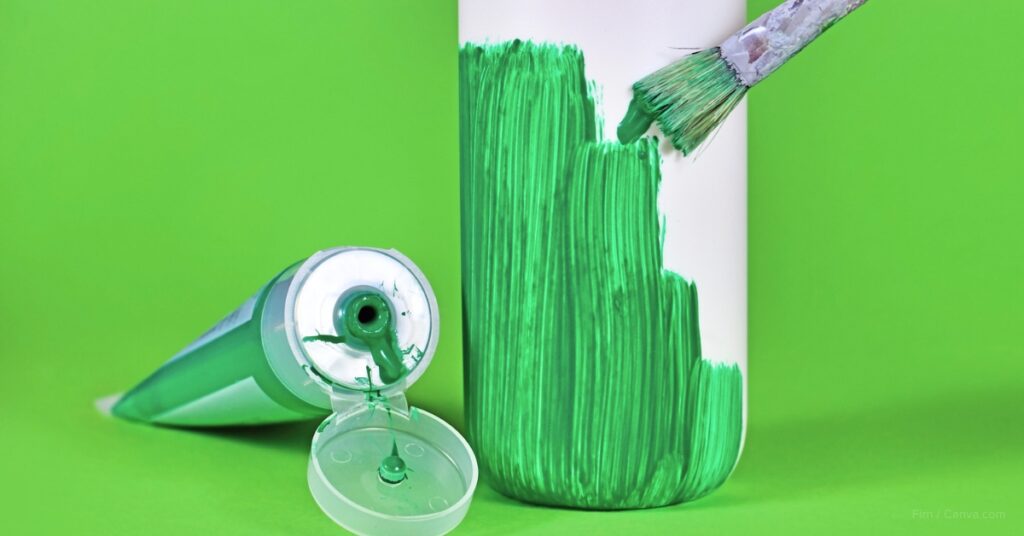
Published
November 28, 2024
Tags:
Many companies use clever but misleading strategies to greenwash. This deceptive practice is known as greenwashing marketing.
As more people embrace eco-friendly lifestyles, some companies are cashing in by stretching the truth about how sustainable their practices truly are. This deceptive practice is known as greenwashing marketing.
Sadly, this form of marketing makes it more challenging for truly sustainable businesses in the Philippines to establish themselves in what appears to be a saturated market full of green-washed competitors.
Common Greenwashing Marketing Tactics

Many companies use clever but misleading strategies to greenwash. Here are some of the most popular tactics to be wary of:
Using Misleading Or Generic Buzzwords
Do you frequently encounter brands using words like “natural” or “eco-friendly” in their ads? Although these buzzwords sound promising, they need more specific definitions that are easy to gauge and enforce. Terms like these are prone to being loosely used without brands having to prove how natural or sustainable their products or processes are.
Being Very Selective About The Information They Share
Companies sometimes emphasize minor eco-conscious adjustments as if they’re transformative. A product labeled as having a percentage of recycled content may give off the impression of an environmental benefit, even if the actual improvement in their internal processes is minimal.
Incorporating Imagery Meant To Deceive Their Audience
Using earth- or nature-related imagery in the branding or ad design can suggest a product is green, even if it is not. These images aim to create a sustainable brand image without real action behind it.
How to Identify (And Avoid!) Greenwashed Products

Transparency is important in identifying which is an authentic eco-friendly business and which is a greenwasher. However, not all brands provide clear, honest information about their practices. It’s up to consumers to learn how to avoid greenwashed products.
Research the Brand’s Claims
If a brand claims to have certifications, chances are you’d always be able to counter-check whether that’s true. Get in touch with the organizations that give out these certifications or request more details regarding their credentials from the company in question.
Check for Specifics
Instead of simply settling for vague eco-friendly labels, look for actual information about the ingredients, materials, and production processes. These should be readily available in the product package or on the website.
Evaluate Their Packaging Materials
If a brand advertises using compostable or biodegradable packaging for business, make it a point to check if the claims are valid upon receiving your package. Common alternative packaging to plastic are bags made of cassava starch, corn starch, or even seaweed. They can also opt for recycled plastic or paper products.
For a Genuinely Sustainable Business In The Philippines, Turn To Oikos

Greenwashing marketing can be a considerable risk to the growth of sustainability in the Philippines and beyond. It diverts people’s attention from meaningful, sustainable solutions and enables businesses dealing with harmful practices to mask their faults and keep going. However, recognizing the signs of greenwashing helps consumers champion genuinely eco-friendly businesses and allow them to thrive.
If you’re searching for a new business to support, consider Oikos Sustainable Solutions. We are the country’s first local manufacturer of alternative packaging to plastic to have received the Department of Science and Technology’s Environmental Technology Verification.
We intend to pave the way for more sustainable businesses in the Philippines, encouraging more brands to explore better options, such as our biodegradable corn and cassava starch bags. Browse our product line today!
Facebook
Linkedin
Twitter
Pinterest
